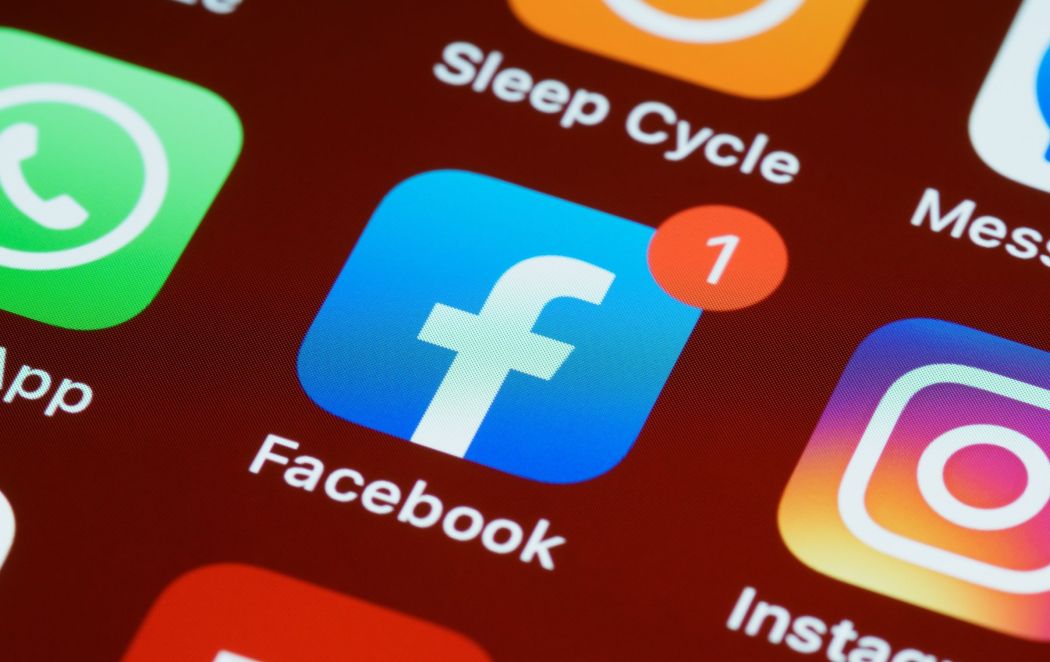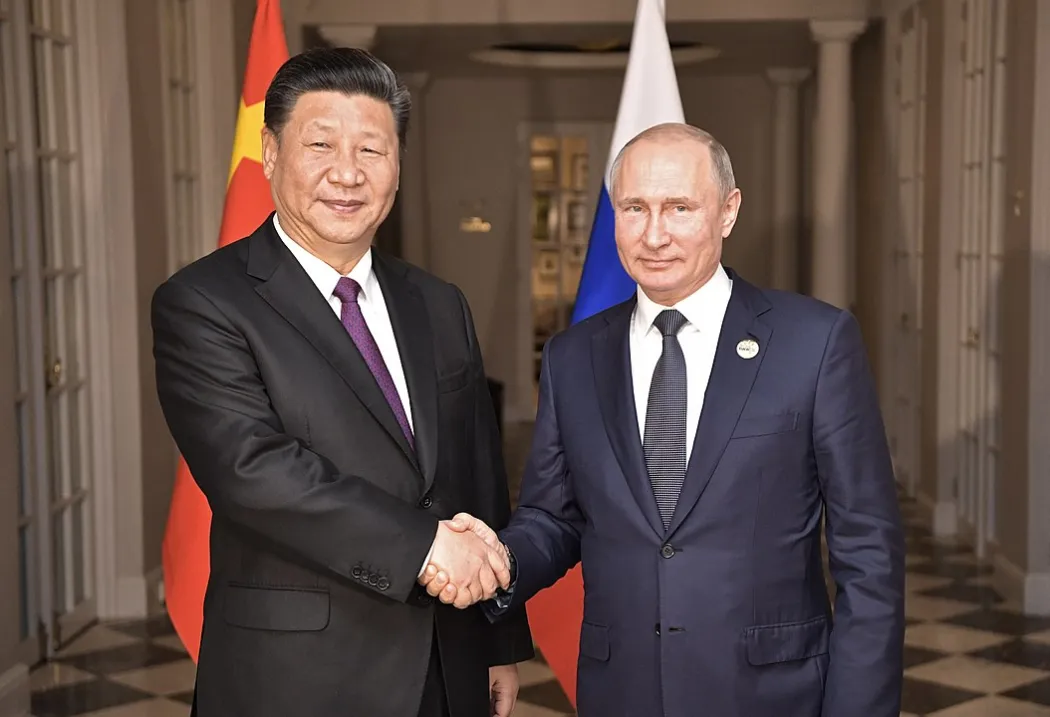Tech giant Meta has taken down 4,792 accounts in China which were said to have used fake profile pictures and personal information to manipulate online public debate by posing as journalists, lawyers, or American citizens.
Meta disclosed the removals in its third-quarter Adversarial Threat Report released on Thursday, but did not say who was behind those accounts. It said they posted content linked to China’s interests, such as defending the country’s human rights record and attacking critics of the Chinese authorities.

Meta’s threat report was introduced in 2017 to detect “coordinated inauthentic behaviour (CIB)” – online operations that often use fake social media accounts to mislead others for a strategic goal.
According to the report, while China, Russia and Iran are the “most prolific geographic sources” of such operations, more CIB networks have been disrupted in China this year than any other country, with a total of five Chinese networks detected and taken down.

From 2017 to 2020, two Chinese networks was disrupted. “This represents the most notable change in the threat landscape, when compared with the 2020 election cycle, ” Meta said in the report, urging the pubic, the industry and governments to pay more attention to such operations ahead of 2024, when many globally influential elections will be held.
From July to September, Meta disrupted two CIB networks sharing content about Tibet, India and US politics, with the first involving 13 accounts and seven groups.

Posing as journalists, lawyers and human-rights activists on Facebook and X, formerly known as Twitter, those accounts accused the exiled Tibetan leader the Dalai Lama and his followers of corruption in English, according to Meta.
Another Chinese network, which involved 4,789 accounts pretending to be American citizens, coordinated to share content linked to US politics or US-China relations in English and befriend people all over the world, the report said.

“Its fake accounts on Facebook copy-pasted posts from American politicians on both sides of the aisle on X, ” the company said in the report. “It’s unclear whether this approach was designed to amplify partisan tensions, build audiences among these politicians’ supporters, or to make the fake accounts sharing authentic content appear more genuine.”
Both networks were identified and stopped before they engaged with an authentic online community, Meta said.
Fake Russian accounts linked to state media
In addition, a Russian network was detected, and six Facebook accounts, one Facebook Page, and three Instagram accounts removed.

It posed as independent and grassroots “media brands” by creating Facebook pages to share information about Russia’s invasion of Ukraine in the interest of the Russian government.
Meta said it had found links between this network and employees of RT, an international TV network owned by the Russian government.
Support HKFP | Policies & Ethics | Error/typo? | Contact Us | Newsletter | Transparency & Annual Report | Apps
Help safeguard press freedom & keep HKFP free for all readers by supporting our team

LATEST FROM HKFP
HKFP has an impartial stance, transparent funding, and balanced coverage guided by an Ethics Code and Corrections Policy.
Support press freedom & help us surpass 1,000 monthly Patrons: 100% independent, governed by an ethics code & not-for-profit.
We view CIB as coordinated efforts to manipulate public debate for a strategic goal, in which fake
accounts are central to the operation. In each case, people coordinate with one another and use
fake accounts to mislead others about who they are and what they are doing. When we investigate
and remove these operations, we focus on behavior rather than content — no matter who’s behind
them, what they post or whether they’re foreign or domestic.










